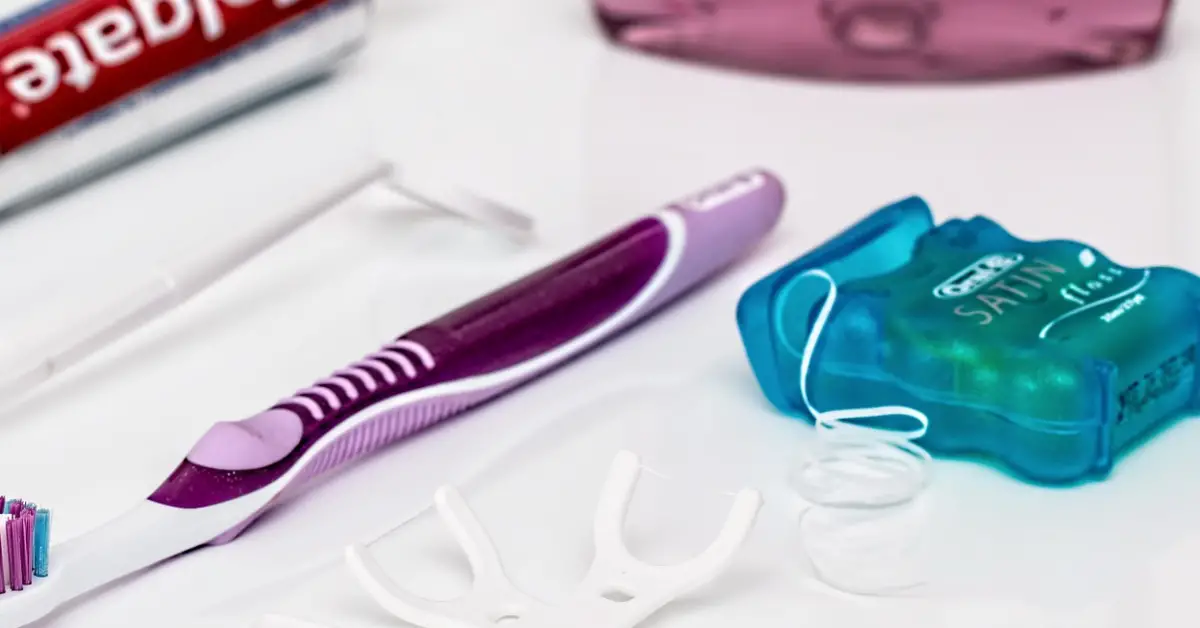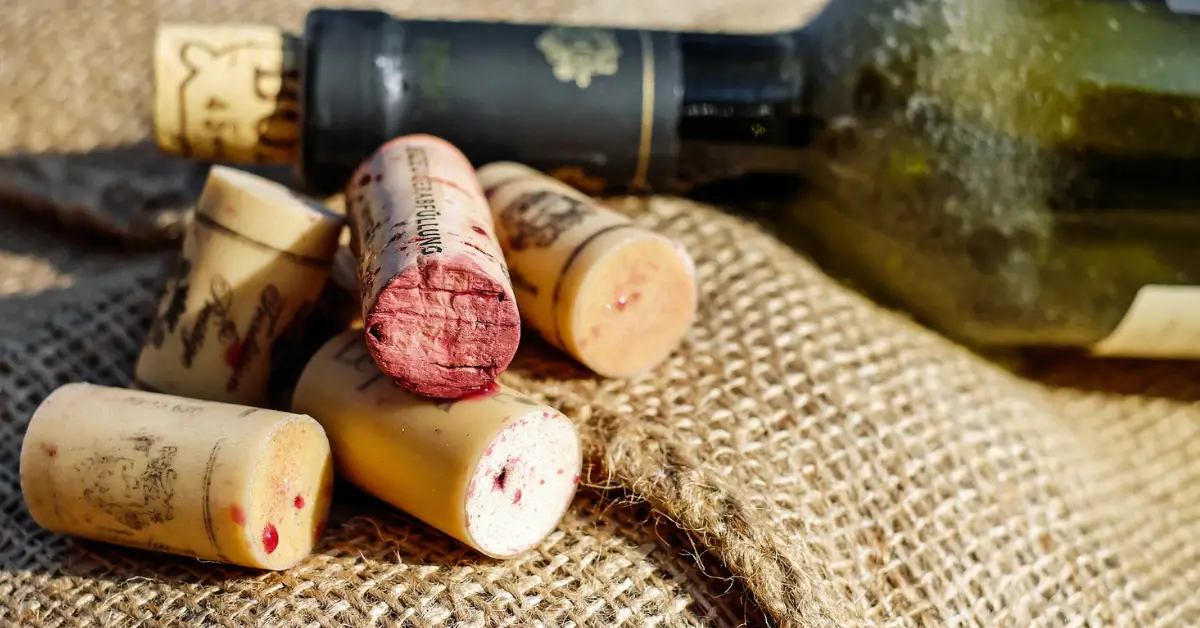(Photo by Mandy Jensen on Flickr, under CC license)
British-owned cosmetics retailer Lush took North America by storm in the mid 1990’s. Their vibrant and handmade products made them stand out in a crowded market. However, as with all big brands, their environmental impact is increasingly under the microscope. How do they fare – is Lush eco-friendly? The answer is not straightforward, but it is clear that they are making efforts to operate in a sustainable way. Let’s take a closer look…
So, is Lush eco-friendly?
Lush products are fresh – but not organic
Although they use some organic ingredients, Lush do not claim to be an organic brand. Instead, they emphasize the freshness of their product. If a product is organic, it means that no artificial pesticides or fertilizers were used at any point during production.
Pesticides fend off insects and other types of pests to ensure farmers can increase their yield. However, using chemical pesticides comes with significant risks for the environment. They can get into water sources, harming the plant life and even causing physiological changes in aquatic animal species. Soil can also be polluted by chemical pesticides. This interferes with soil communities and alters dynamics. Fertilizers – which can be used by farmers to produce an optimal yield – come with similar environmental consequences to pesticides.
Lush use chemicals in the products
Talking of nasty chemicals, they are also added to the actual products too. Lush prefer to use natural preservatives, but at the moment they are still using parabens in products to prolong shelf-life. As well as being linked with health issues, they can also impact the environment negatively. After going down the sink, parabens and their by-products, some find their way into waterways. They can even be found in low levels in the tissues of coastal marine mammals. To their credit, Lush do offer paraben-free alternatives and when parabens are present they are in small quantities.
And it isn’t just the parabens that disrupt the environment. The bright colors and strong fragrances that Lush products are known for, largely, come from synthetic sources. Similar to the parabens, many will end up in local waterways, causing damage to aquatic species as they go.
It’s not all bad news….
Low (nearly zero!) waste packaging
Lush excel when it comes to packaging. In fact, 65% of their products come ‘naked’ – no packaging whatsoever. Those pesky pots and bottles that can’t come ‘naked’ are recyclable with the standard curbside collections (this, of course, varies from area to area). Lush also encourage their customers to adopt good practices when it comes to recycling packaging. When five clean pots are returned to the store, a customer will get a free facemask – what’s not to like?
Significant cuts in palm oil use
Palm oil is a vegetable oil that comes from oil palm tree fruit. It is used in many different industries from food manufacturing to cosmetics. Lush have cut down their use of palm oil, and its derivatives, significantly in recent years after acknowledging its links to deforestation and climate change. They have managed to eliminate palm oil completely from their products. However, some of the synthetic ingredients contain palm oil derivatives due to lack of alternatives. Lush are completely transparent about this – as they are with the products that contain parabens – giving the customer the choice.
Charity Pot Body Lotion project
Lush do not just sell cosmetic products; they have a rich history of getting involved in issues outside the industry. The Charity Pot Body Lotion program is a great example of that. 100% of the skin softener purchase price goes to grassroots organizations that they support. Environmental justice is one of the key areas that this project helps fund.
The bottom line
Although many people believe that Lush could perform better in this area, they still rate fairly well when it comes to preserving the environment. In terms of packaging, it is difficult to see a way that they could improve – the majority of their products have literally none! The chemicals that they use in their products pose the largest impact. However, paraben-free alternatives and products with organic ingredients are available.







